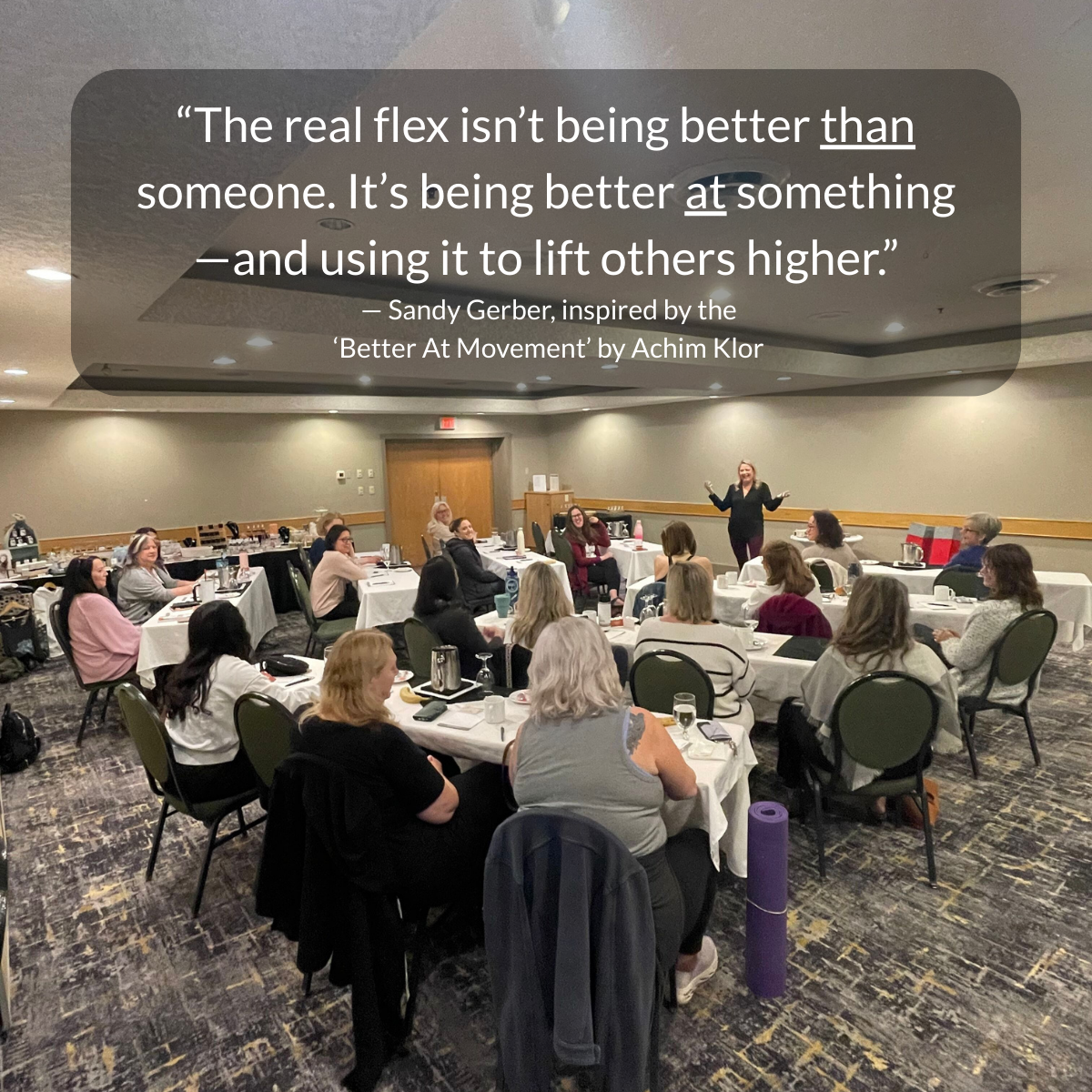Experience Marketing is the process of integrating an experience strategy in your marketing messaging to deliver an impact that people will have, share and own repeatedly. There are seven types of Experience Marketing strategies. Each strategy is unique in experience and successful when implemented with supporting messaging.
#1 – EMOTIONAL
The “emotional” experience is a strategy that evokes emotion in the marketing. This strategy is typically used for children and animal marketing. The “emotional” experience is effective in activating emotional memories and moments. A great example of “emotional” experience marketing is World Vision advertising’s focus on children in need (drawing upon another experience strategy – “purpose”). The marketing engages the viewer to recall their personal childhood in comparison and engages a certain vulnerability of the viewer.
#2 – PHYSICAL
The “physical” experience is a strategy that delivers a real-time, in-person moment. The moment becomes an experience once it is felt by the customer or participant. The “physical” experience strategy is utilized for events, demonstrations (certainly NEXT and Sandy Gerber events!) and opportunities to facilitate an immediate decision. Examples of marketing campaigns that deliver a “physical” marketing experience include Marine Land and Swimming with Dolphins (Tourism and Destination).
#3 – SENSING
The “sensing” experience is a strategy that connects with a person’s senses (sight, sound, smell, taste, and touch). The sensing experience is closely related to the physical experience strategy as a physical environment activates one’s senses. When a marketing message engages a sense, one’s experience is profound. A wonderful example of the “sensing” experience is the Hollister retail store. Hollister utilizes light, smell and touch in their stores from the moment you walk into their dimly lit, coconut smelling, soft touching clothing stores.
#4 – FEAR
The “fear” experience strategy meets the needs for adventure, thrills, and risk. One of the strongest motivators for action, the “fear” experience marketing can be incredibly effective. Typical marketing campaigns and messaging that embrace the “fear” experience strategy is the amusement and attraction parks, and adventure unique experiences. Examples of “fear” experience marketing strategy can be seen in all marketing mediums and typically include people expressing their shock and pleasure in addressing their fears.
#5 – IDEAL
The “ideal” marketing experience strategy is effective as it draws upon people’s ideal or dream fantasies. It is this marketing strategy that is most seen in lottery marketing, life events, milestones (wedding, birth, graduation) and adventures and travels.
#6 – PURPOSE
The “purpose” experience strategy is powerful and specifically used for niche audiences that are mission supporting. The “purpose” experience strategy calls upon people to rally to a cause and contribute to a better world. The “purpose” experience has a very clear effectiveness result – people are simply motivated to take action or not to take action. It is an urgent response rate that the “purpose” experience marketing relies upon. A very successful example of “purpose” experience marketing can be seen in Covenant House or World Vision marketing.
#7 – SECURITY
The “security” experience strategy is utilized when the messaging needs to convey a required or preventative service/product. This strategy relies upon the need for safety and is seen effectively used in marketing messaging that calls people to take action to ensure a negative effect does not occur. Life insurance, alarm systems, medical/ dental care are all examples of “security” experience marketing products and services.
Post a comment or feedback on which strategy you have used successfully, I would love to hear from you.




0 Comments